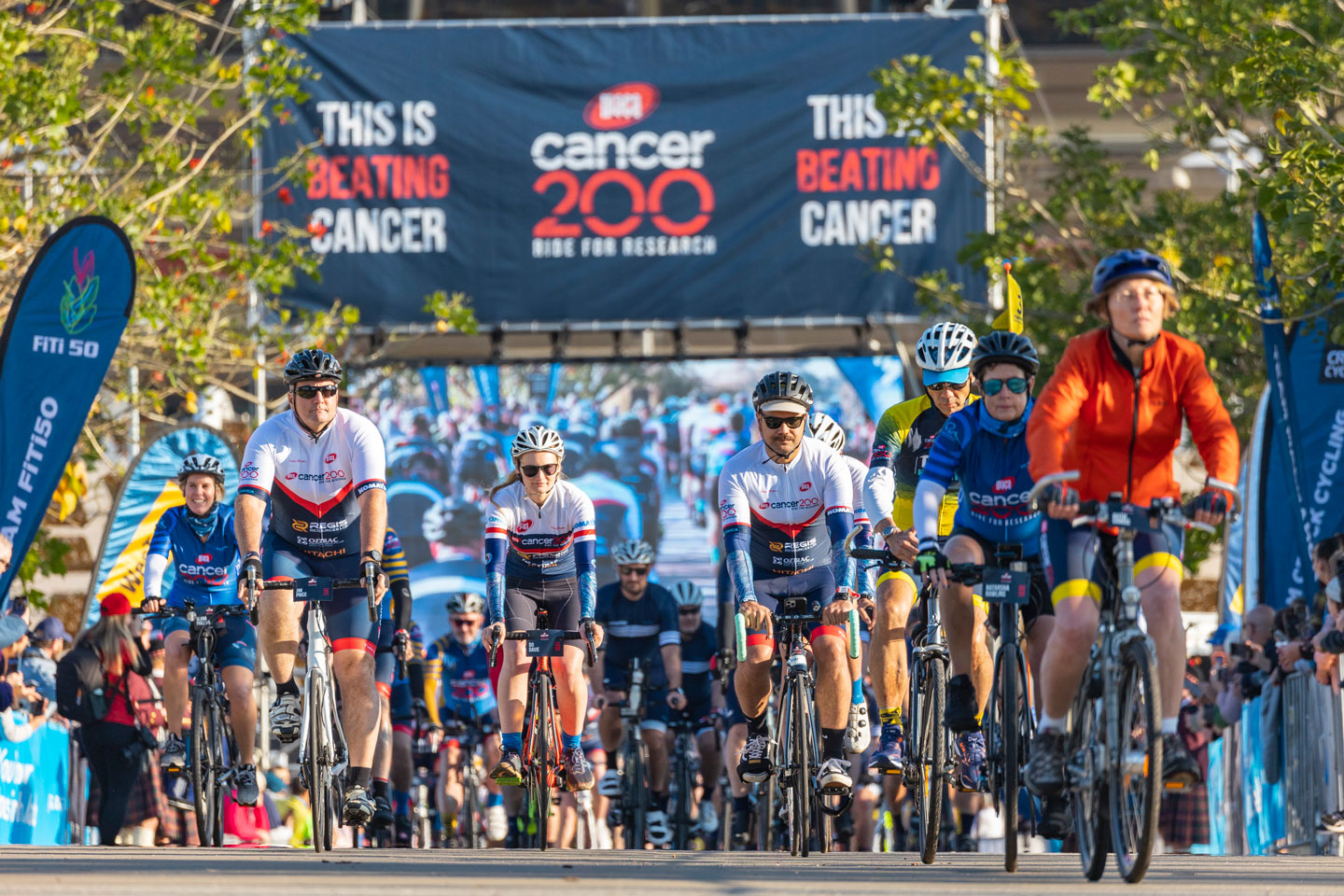

Data from the National Health and Medical Research Council (NHMRC) shows that WA received just 3.5% of Federal medical research grant funding in 2022.
The medical research sector in Western Australia relies heavily on outside sources of revenue and has turned to the WA community and local corporations to help keep laboratories running.
The challenge facing many institutes is the perception that medical research is heavily funded by government. In 2019, the Australian government spent just 1.7% of GDP on Research & Development – well below the OECD average of 2.5% – continuing a decade-long downward trend.
With a decreasing pot of funds to share among some heavy-hitting research institutes around the country, it’s little wonder that the national grant funding system has become more competitive.
For organisations like the Harry Perkins Institute of Medical Research (the Perkins), the largest medical research institute in WA investigating diseases that most impact our families, that means added pressure on researchers to spend more time away from their labs applying for grants, and less time working on medical breakthroughs.
Like working pay check to pay check, the volatility of the grant system means researchers work from grant to grant, putting years of research work at risk: If funding dries up, the project is shelved until alternative funding is secured.
The Perkins has worked for many years on providing philanthropic opportunities for the local corporate sector to shore up research funds and provide a more sustainable model to attract researchers to WA, and to keep them here. Diversifying these opportunities has also enabled the business community to actively engage in some truly ground-breaking medical discoveries. Companies like Wesfarmers and Woodside have been long-standing, significant allies.
MACA, now supported by parent-company Thiess, has provided a long-term lifeline for researchers looking for answers to the hardest-to-treat-cancers through their long-established relationship and support of Australia’s largest single-state fundraising event, the MACA Cancer200 Ride for Research.
Through MACA’s business network, WA’s mining industry has truly embraced the opportunity to dig deep and give back. In addition to cash contributions through event sponsorship packages, the Perkins Alliance, with founding members MACA, Mineral Resources, Westrac and WA Limestone, was established to acknowledge in-kind support to help with event logistics – getting 1500 riders and their supporters the 200 kilometres from Perth to Mandurah and back safely is paramount, and logistics support is essential.
While riders enjoy the comradery and competition, they’re also doing so much to support medical breakthroughs. With cancer affecting half of the population, it’s understandable that the riders and corporate partners put such effort into the ride.
The financial backing of the resource industry adds real value to the cause, too: Last year’s event raised $8.6 million for cancer research – much of which goes towards filling the gap in federal funding to keep researchers at their benches.
In a similar vein, New Town Toyota tapped into their network to invite partners to actively support and participate in the New Town Toyota Walk for Women’s Cancer. This community event saw over 1000 people walking 35 kilometres around Perth to raise over $1.5 million. This money goes to support researchers specialising in tackling breast and ovarian cancer, and other cancers that impact women.
Funding from the New Town Toyota Walk for Women’s Cancer is supporting world-first research into bee venom, which has been shown to kill breast cancer cells in the lab. Money raised is helping to progress this research to an effective treatment available to all breast cancer patients.
A local facility like the Perkins, making a global impact with medical research being produced, gives local businesses a unique opportunity to give back. Beyond an office fundraiser, a workplace giving program, or fielding a team in a high-profile event, the Perkins local networks have opened doors to innovative ways to drive discoveries.
HBF, through its Community Partnerships program, is supporting the Melanoma Discovery Lab at the Perkins. This investment will help to establish a biobank of melanoma tumour samples, with the aim of gaining approval in Western Australia to tailor skin cancer treatment to individual patients.
When business is booming, the economic benefits tend to be taken for granted. Developing opportunities that engage local businesses in local innovations that have a global impact is how the Perkins can ensure benefits reach beyond the economy and have a real impact on the health and happiness of all West Australians.
MinRes keeps heart research pumping.
Mineral Resources stepped up to the plate to tackle Australia’s number one killer – heart disease – by extending their partnership with the Perkins for another three years, with a significant total investment in the millions. This is helping Perkins researchers attain some audacious goals:
1. Developing artificial intelligence and machine learning to prevent heart attacks before they happen by predicting who is likely to have heart disease
2. Reducing the number of amputations required due to peripheral artery disease through a targeted novel treatment
3. Creating a new 3D-printed biopolymer heart valve that replicates the body’s cells and would never need replacing.













